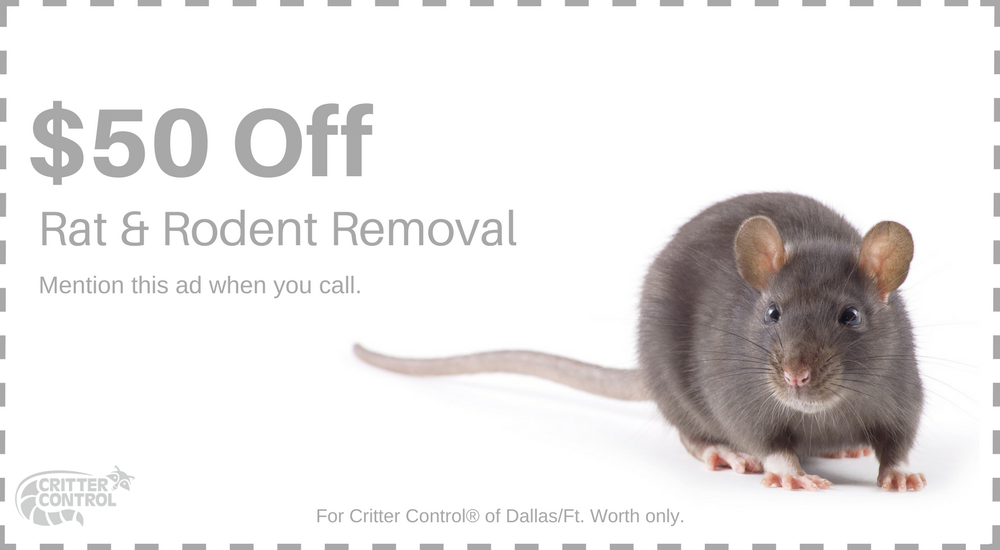A Ft. Worth rat infestation can be incredibly frustrating, so it’s understandable if Texas homeowners who are dealing with rats decide to turn to the internet in search of a quick solution. However, they must be careful as there are lots of myths and old wives’ tales online about DIY rodent control that are not entirely accurate. One such myth is about mothballs being an effective rat deterrent. Contrary to popular internet belief, mothballs are not very good at eliminating any kind of rodent. On top of that, mothballs can be harmful to you, your family, and your pets.
To set the record straight, we are busting some of the common myths and misconceptions regarding whether mothballs deter rats.
Myth No. 1: Rats Can’t Stand the Smell of Mothballs
The reason many people think that rats hate the smell of mothballs is because mothballs contain naphthalene. Many consider this chemical to be a strong deterrent of rats and other rodents that possess a heightened sense of smell. However, the amount of naphthalene in mothballs is not enough to deter a rodent that gets a whiff of the food in your pantry. Mothballs will, however, make your clothes and home smell very strange and musky.
Myth No. 2: Mothballs Are Safe Indoor Repellents
Mothballs are actually incredibly dangerous to place around the home because they can be mistaken by pets or small children for food or other non-toxic items. Furthermore, recent studies have shown that mothballs’ aforementioned chemical ingredient, naphthalene, can cause nasal cancer among other illnesses. By introducing mothballs to your residence, suddenly, rats are the least of your worries.
Myth No. 3: Mothballs Can Repel Rats Outdoors
Rats are cunning varmints that are able to invade your home quickly and easily, so they are likely smart enough to stay away from something that has a strong, potentially harmful odor like mothballs. Additionally, exterior mothballs can contaminate your garden soil and the plants and vegetation that are growing in it. Outdoor mothball chemicals could even seep into and contaminate your water supply if you are not careful with them.
Mothballs are a Temporary Rat Solution
At the end of the day, mothballs are never going to be a permanent solution to your growing rat problem. Even if mothballs or other deterrents are mildly effective, rats and rodents are tenacious critters. You can only deter them for so long until they get through your ineffective temporary defenses and nest and breed within your home. If you want to get rid of rats and keep them out for good, then you’ll need the professional rat removal services of Critter Control® of Ft. Worth.
Rely on Professional Rat Removal
At Critter Control® of Ft. Worth, we not only use humane methods to eliminate your rat problem, but our technicians also use non-toxic, eco-friendly methods that will not cause any sort of harm to you, your family, or your pets. In business for over 20 years, we are licensed, trained, and equipped to handle any sort of rodent infestation.
If you would like to schedule your free inspection and estimate, then call us today at 817-222-1101.




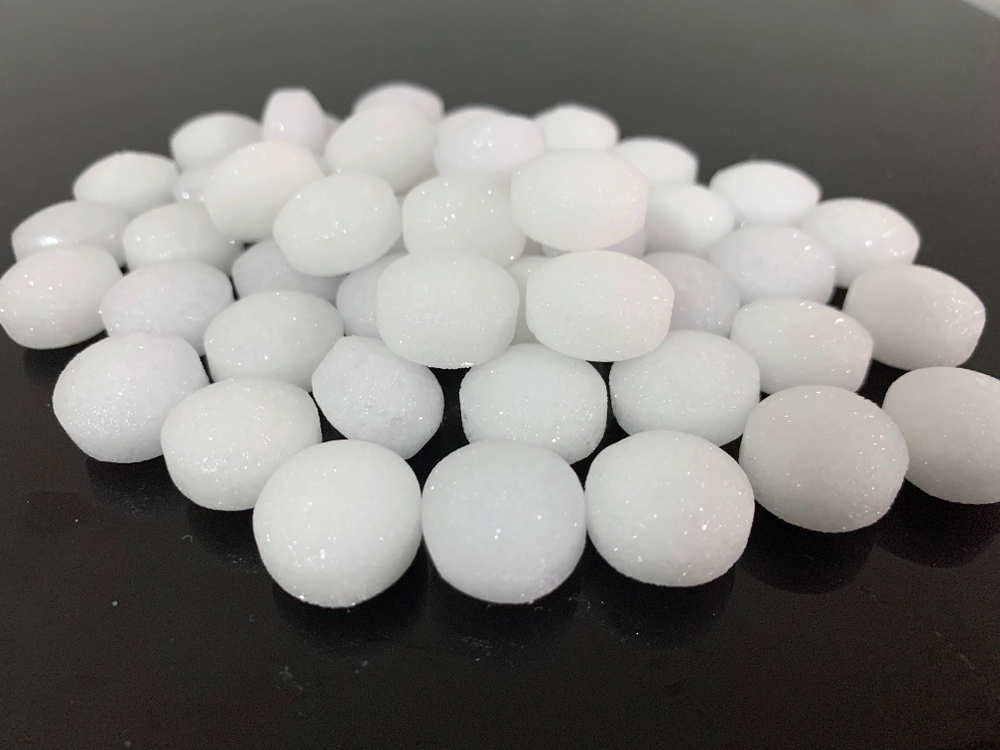
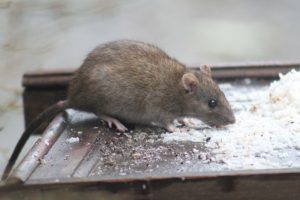 If you hear scurrying in your walls as you lay down to sleep at night or smell a foul odor indoors during the heat of the day, there is a good chance you have rats in your Ft. Worth home. Ignoring such early warning signs of rats in your residence can allow them an opportunity to reproduce and grow into an even larger infestation. Being aware of the warning signs and acting quickly is the best way to prevent the rats from causing costly damage to your attic, home, and health.
If you hear scurrying in your walls as you lay down to sleep at night or smell a foul odor indoors during the heat of the day, there is a good chance you have rats in your Ft. Worth home. Ignoring such early warning signs of rats in your residence can allow them an opportunity to reproduce and grow into an even larger infestation. Being aware of the warning signs and acting quickly is the best way to prevent the rats from causing costly damage to your attic, home, and health. 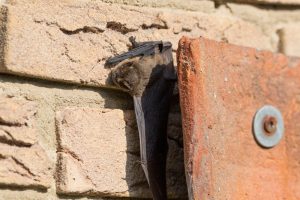 The small, furry creatures flying through the night may be fascinating to watch when the sun starts to set; however,
The small, furry creatures flying through the night may be fascinating to watch when the sun starts to set; however, 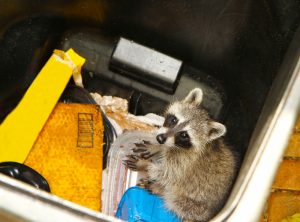 When you think of
When you think of  Since you rarely pay a visit to your attic, it tends to stay out of sight — and out of mind. However, having an annual attic inspection is a necessary routine for sustaining the longevity of your home. If you haven’t crossed this year’s inspection off your checklist, here are the reasons to examine your attic sooner rather than later.
Since you rarely pay a visit to your attic, it tends to stay out of sight — and out of mind. However, having an annual attic inspection is a necessary routine for sustaining the longevity of your home. If you haven’t crossed this year’s inspection off your checklist, here are the reasons to examine your attic sooner rather than later.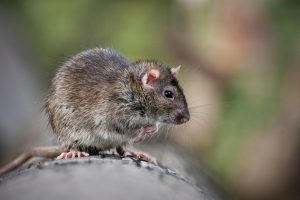 Despite their small size,
Despite their small size,  With winter approaching, many Fort Worth critters are preparing for hibernation. Unfortunately, there are some that would rather find warmth in the comfort of your home than try to sift through scarce space in the wild. To keep wildlife from entering your residence this winter, follow these pest prevention tips.
With winter approaching, many Fort Worth critters are preparing for hibernation. Unfortunately, there are some that would rather find warmth in the comfort of your home than try to sift through scarce space in the wild. To keep wildlife from entering your residence this winter, follow these pest prevention tips. 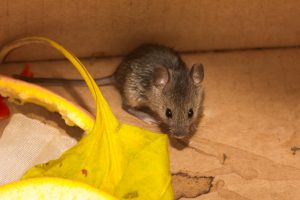 Hosting guests for dinner is a commonplace tradition in many households, but there are some guests that will try to take advantage of your hospitality without an invitation. If you’re tired of unwanted
Hosting guests for dinner is a commonplace tradition in many households, but there are some guests that will try to take advantage of your hospitality without an invitation. If you’re tired of unwanted 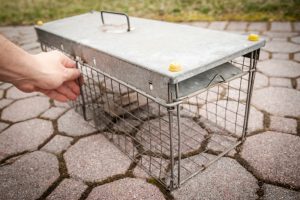 Getting a pest problem under control can take a toll on anyone. Hastily buying pest sprays to quickly solve the problem might seem like the only solution, but these types of tactics can easily end up making the situation worse. If you’re struggling to remove pests and effectively prevent them from returning, then you may be guilty of these common
Getting a pest problem under control can take a toll on anyone. Hastily buying pest sprays to quickly solve the problem might seem like the only solution, but these types of tactics can easily end up making the situation worse. If you’re struggling to remove pests and effectively prevent them from returning, then you may be guilty of these common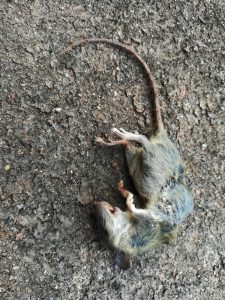 Discovering a pest scurrying around your property is not a situation you want to be in. When that pest dies on your land, things get undoubtedly worse. Not only is the
Discovering a pest scurrying around your property is not a situation you want to be in. When that pest dies on your land, things get undoubtedly worse. Not only is the 